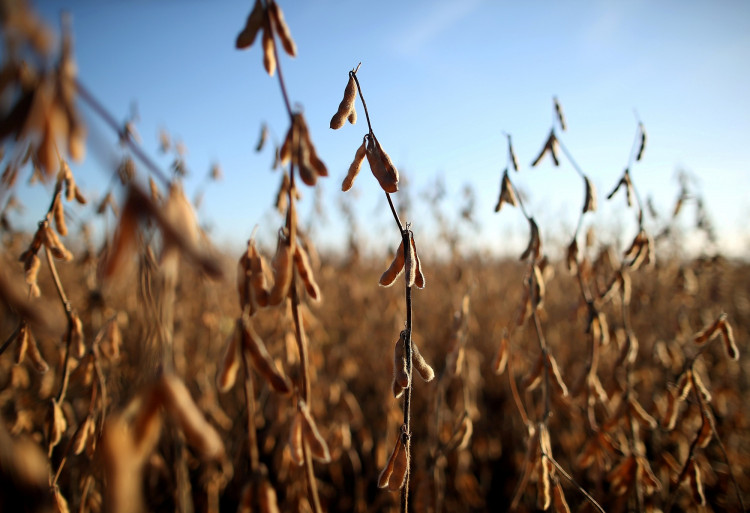Chongqing's rural farmland in southwestern China was deafeningly quiet. It was 42 degrees Celsius outside, and there were no farmers in sight. The heat was too much for both humans and crops. Farmers stated they now start working in the fields at 3 a.m. When the sun came up, it was time to seek shelter indoors.
Wang Yong Fu, 70, has spent his entire life working in the fields. He pointed to the shriveled tomato plants that, under normal conditions, should have been at least waist-high.
"The key is it's not possible to grow them. Whatever you do, you can't grow anything," he told CNA. "We are in the fields every day but we can't do it. I can't harvest any cabbage these days. The crops have all died."
In Chongqing, where the top temperature had reached a record 45 degrees Celsius in the previous month, weeks of searing temperatures and no rainfall had left 66 rivers and 25 reservoirs dry.
In July and August, China endured the longest and most extreme heat wave since meteorological records began in 1961. The heat has severely harmed agricultural production in several sections of the country, potentially leading to higher food inflation in the future.
Some nearby farmers claim to have received an 80 percent decrease in production.
"I planted two fields. All the crops have dried and died. The soil is as hard as a rock," Zhou Qi, a 73-year-old farmer in Xinshi village in Chongqing, said.
The Central Meteorological Observatory had warned that the unusual heatwave will have an impact on grain products such as soybean, wheat, and corn. Agricultural tractors are prone to catching fire in hot weather, so farmers were less likely to utilize them this summer.
The impact will be felt come harvest time, according to experts, as planting season has already started. "Particularly, leafy green vegetables are really heat sensitive. So even before talking about the drought, just having day after day of 40 degrees temperature, it does damage to that. And it's taken a while but that's the beginning to show up at prices at market," Even Pay, an agricultural analyst at policy analysis startup Trivium China remarked.
Prices for fresh produce had already increased by 12.9% and 16.9% year over year in July. The cost of pork also increased in July from a year ago by 20.2%. Over two million ha of arable land and 350,000 animals were impacted by the summer heat wave, according to information provided by the federal government.





